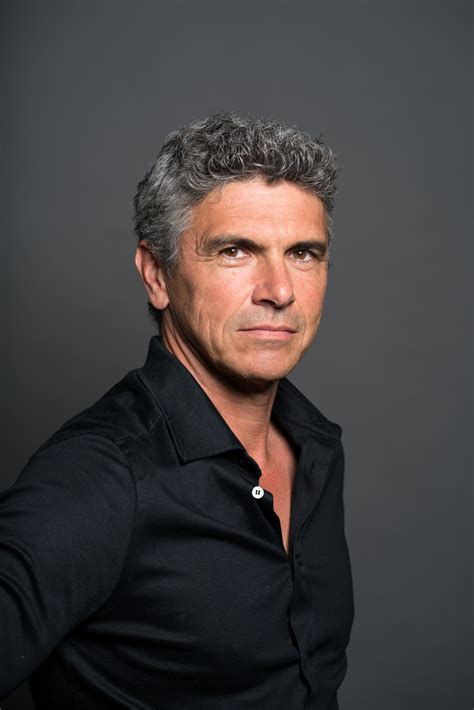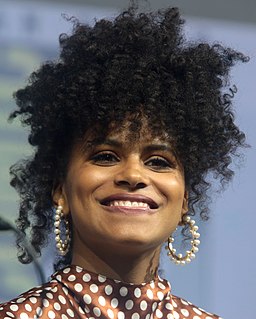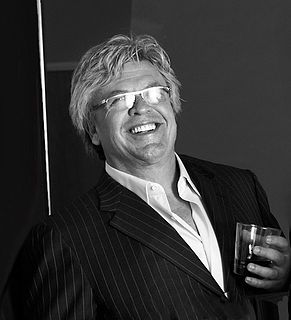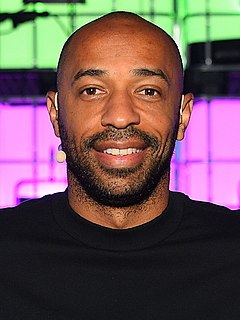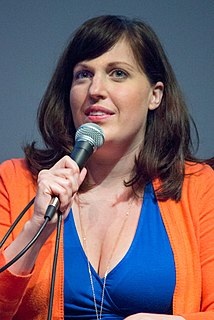A Quote by Michael Bloomberg
There's a fascinating statistic: One out of every four people in America has visited New York since 9/11. It is astounding. Now, I don't know how you count it; it's some people coming multiple times.
Related Quotes
Everything I learned and didn't do in New York I would put into place here in the London West Hollywood. It's fascinating, when you look at the critics' reviews, and we had a great one in the New York Observer and all that, and then the New York Times came and it was a devastation; two stars out of four. They said that I played safe because it wasn't fireworks. Then they judged the persona over the substance that was on the plate.
The New York Times will tell you what is going on in Afghanistan or the Horn of Africa. But it is no exaggeration that The New York Times has more people in India than they have in Brooklyn. Brooklyn is a borough of two million people. They're not a Bloomingdale's people, not trendy, sophisticated, the quiche and Volvo set. The New York Times does not serve those people.
I actually like south Florida. I never lived in a more interesting place than this. I've never met a wider range of people. I guess when I came here I thought there were Cubans and then there were people from New York and that was Miami. Now I know that it's Cubans, people from New York, and some people from New Jersey.
The gay marriage thing to me, I don't understand why it's so important for the secular progressives in this country, the people who want to change America fundamentally and every way, why this is the lead issue. The L.A. Times, New York Times, San Francisco Chronicle, Boston Globe. These people are going, 'Oh, my God, what are you doing? How can you not see the civil rights aspect of this?'
I was working at the 'New York Times,' ruing every second of my life, thinking how was I ever going to get out of here, and thinking that one could only do it the way newspaper people have always done it. I needed a scoop, and I would go out and I would dream upon coming upon fires or the sky falling in front of me or anything.
The arresting officer, who I had literally known, all my life. You know what I mean? This guy lived four doors down the street me, in a town of less than four hundred people. *We've met.* Now, he takes me to jail, and he asks me if I have any aliases. And I was just being a smartass, and I said, "Yeah. They call me, "Tater Salad!" Seventeen years later, I'm handcuffed on a bench in New York with blood coming out of my nose, and this cop goes, "Are you Ron 'Tater Salad' White?"
I've always loved New York; I've been visiting New York since 1996. People don't look at you like, 'What are you doing? What are you wearing?' There is also that thing that when people know that you have worked hard to get something, people have that respect for that here. You worked hard - good for you.
We did a campaign here with New York Times. We had a great ad: "Today in America, someone will kill an elephant for a bracelet." We became sensitized in our society. Now there are four or five billion people in Asia who need to get this message. We need to use social media, print magazines, celebrities - anything we can to share this message. It's not cool, it's not okay. You are destroying beautiful animals. You are robbing a continent of its wealth. And you are hurting a lot of innocent people.
I have three boys. And I wanted to make sure it connected with them and then those guys who grew up like me, in environments like me.And then I knew something about science that your New York Times reader would be interested in. So I was thinking about it in multiple ways: I'll connect with the people who grew up like me first, and then the New York Times reader will be interested in the science because it's so good and they want to be "in the know."





